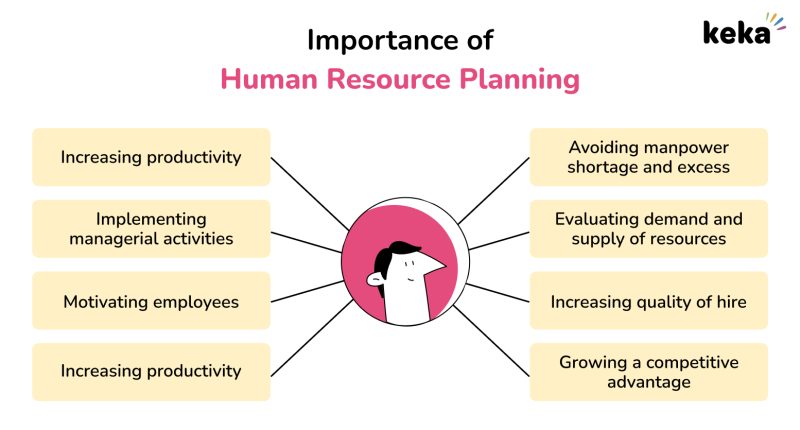What is the significance of soft power in economic diplomacy
Soft power plays a significant role in economic diplomacy by influencing other countries and global actors through attraction and persuasion rather than coercion or force. In the context of economic diplomacy, soft power is crucial for fostering favorable business environments, building international partnerships, and enhancing a country’s economic influence on the global stage. Here’s why soft power is significant in economic diplomacy:
1. Building Trust and Credibility
- Enhancing Reputation: A country’s positive image, cultural appeal, and values can attract foreign investment and encourage trade partnerships. Nations with strong soft power are often seen as trustworthy and stable, making them attractive destinations for business and investment.
- Branding and Image: Soft power helps countries build a strong national brand that resonates with global audiences. This positive image can lead to greater demand for the country’s products, services, and investment opportunities, enhancing its economic influence.
2. Influencing Global Norms and Standards
- Setting Agendas: Countries with significant soft power can shape global economic norms, standards, and practices by leading international organizations, promoting free trade, or advocating for sustainable development. This influence can result in policies and agreements that align with their economic interests.
- Cultural Diplomacy: Through cultural diplomacy, countries can promote their cultural products, values, and ideas, which can open new markets for their industries, such as entertainment, education, and technology. Cultural exchanges and cooperation can also lead to stronger economic ties.
3. Attracting Foreign Investment
- Appealing Business Environment: A country’s soft power, including its political stability, legal system, and quality of life, can make it a more attractive destination for foreign investors. Investors are more likely to commit to countries where they perceive low risk and high potential for growth, both of which are influenced by soft power.
- Talent Attraction: Countries with strong soft power can attract top global talent, which in turn attracts businesses looking for skilled workers. This creates a positive feedback loop, where an influx of talent leads to innovation, entrepreneurship, and further economic growth.
4. Strengthening Trade Relations
- Fostering Goodwill: Soft power helps countries foster goodwill with trading partners. Positive relationships, built on shared values, cultural ties, and mutual respect, can lead to preferential trade agreements, reduced tariffs, and other benefits that enhance trade.
- Negotiating Advantage: In trade negotiations, countries with significant soft power may have an advantage as their counterparts are more inclined to reach mutually beneficial agreements due to the positive perception and long-term benefits of maintaining good relations.
5. Promoting National Products and Services
- Global Branding: Countries with strong soft power can effectively promote their national brands and products on the global stage. This is evident in the global success of brands from countries like the U.S., Japan, and South Korea, where cultural appeal and innovation have driven demand for their products.
- Tourism and Education: Soft power plays a crucial role in promoting tourism and educational exchanges, both of which contribute significantly to a country’s economy. Countries that are perceived as culturally rich and welcoming attract tourists and international students, generating significant economic benefits.
6. Advancing Multilateral Cooperation
- Leadership in Global Institutions: Countries with substantial soft power often take leadership roles in international organizations, shaping global economic policies and initiatives. This leadership can advance their economic interests and ensure that global economic governance reflects their values and priorities.
- Coalition Building: Soft power enables countries to build coalitions and alliances that support their economic goals. By aligning with like-minded nations, they can collectively influence global economic policies and create favorable conditions for trade and investment.
7. Mitigating Conflicts and Enhancing Stability
- Conflict Prevention: Through soft power, countries can engage in diplomacy that reduces tensions and prevents conflicts, creating a stable environment that is conducive to economic growth and international business. Peaceful resolutions to disputes are often facilitated by cultural diplomacy and people-to-people exchanges.
- Post-Conflict Reconstruction: In post-conflict situations, soft power can be used to rebuild trust and cooperation, laying the groundwork for economic recovery and development. Countries that successfully deploy soft power in such contexts can foster long-term economic partnerships.
8. Supporting Development and Aid Diplomacy
- Aid as a Soft Power Tool: Countries that provide development aid and humanitarian assistance can strengthen their soft power, building goodwill and influence in recipient nations. This can lead to stronger economic ties and opportunities for businesses from donor countries to participate in development projects.
- Technology and Knowledge Transfer: By sharing technology, knowledge, and expertise, countries can build soft power and foster economic partnerships that benefit both the donor and recipient. This can lead to the creation of new markets and the adoption of innovations that drive economic growth.
9. Leveraging Media and Communication
- Global Media Presence: Countries with a strong global media presence can shape narratives and perceptions that influence global economic trends. This soft power tool can be used to promote trade, attract investment, and showcase economic opportunities.
- Public Diplomacy Campaigns: Through public diplomacy, countries can communicate their economic policies, successes, and opportunities to a global audience, enhancing their attractiveness as business and investment destinations.
10. Facilitating Corporate Social Responsibility (CSR)
- Promoting Ethical Business Practices: Soft power can be used to promote ethical business practices and CSR, which resonate with global consumers and investors. Countries that lead in these areas can attract businesses that are committed to sustainability and social responsibility, enhancing their global economic influence.
- Aligning with Global Values: Countries that align their economic policies with global values, such as environmental sustainability and human rights, can enhance their soft power, making them more attractive to businesses and investors who prioritize these values.
Conclusion
Soft power is a vital component of economic diplomacy, allowing countries to influence global economic outcomes through attraction and persuasion rather than coercion. By building a positive national image, fostering international cooperation, and promoting cultural and economic values, countries can create favorable conditions for trade, investment, and economic growth. In a globalized world, where economic interdependence is the norm, the ability to wield soft power effectively can significantly enhance a country’s economic standing and its influence in international affairs.






